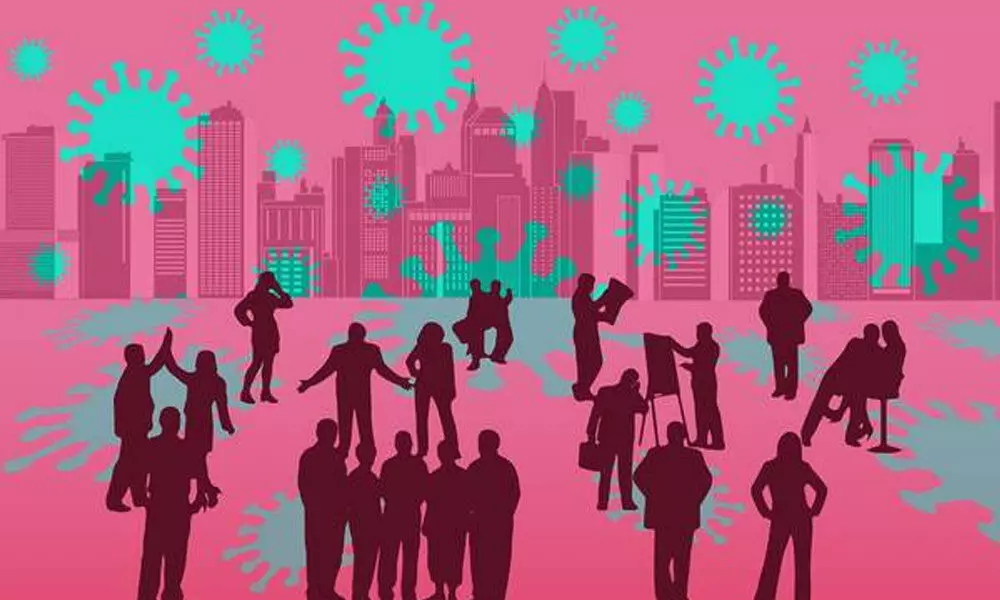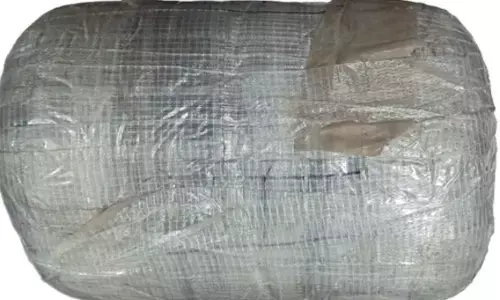Herd immunity, the phenomenon protecting masses

Herd immunity, the phenomenon protecting masses
Britain began mass vaccinating its population recently to protect them against Covid-19
Britain began mass vaccinating its population recently to protect them against Covid-19. One could say that this is a part of the global drive that poses one of the biggest logistical challenges in peacetime history. Britain's medicine regulator said, "Anyone with a history of anaphylaxis to a medicine or food should not get the Pfizer-BioNTech Covid-19 vaccine, giving fuller guidance on an earlier allergy warning about the shot."
The Medicines and Healthcare Products Regulatory Agency (MHRA) said there had been two reports of anaphylaxis and one report of a possible allergic reaction since rollout began. "Any person with a history of anaphylaxis to a vaccine, medicine or food should not receive the Pfizer-BioNTech vaccine," MHRA Chief Executive June Raine said in a statement. "Most people will not get anaphylaxis and the benefits in protecting people against Covid-19 outweigh the risks". Vaccines contain weakened or inactive parts of a particular organism (antigen) that triggers an immune response within the body. Newer vaccines contain the blueprint for producing antigens rather than the antigen itself.
A vaccine works by training the immune system to recognise and combat pathogens, either viruses or bacteria. To do this, certain molecules from the pathogen must be introduced into the body to trigger an immune response. These molecules are called antigens, and they are present in all viruses and bacteria. By injecting these antigens into the body, the immune system can safely learn to recognise them as hostile invaders, produce antibodies, and remember them for the future. If the bacteria or virus reappears, the immune system will recognise the antigens immediately and attack aggressively well before the pathogen can spread and cause sickness. Vaccines don't just work on at an individual level, they protect entire populations.
Once enough people are immunised, opportunities for an outbreak of disease become so low even people who aren't immunised benefit. Essentially, a bacteria or virus simply won't have enough eligible hosts to establish a foothold and will eventually die out entirely. This phenomenon is called "herd immunity" or "community immunity", and it has allowed once-devastating diseases to be eliminated entirely, without needing to vaccinate every individual. This is critical because there will always be a percentage of the population that cannot be vaccinated, including infants, young children, the elderly, people with severe allergies, pregnant women or people with compromised immune systems.
Thanks to herd immunity, these people are kept safe because diseases are never given a chance to spread through a population. Clinical trials so far have not been designed to determine if an immunised person can still spread the coronavirus to someone else. Covid-19 vaccine makers focused trials on determining whether the drug stopped people from becoming ill. It will also be several more months before it becomes clear how long the vaccination will protect someone from the coronavirus. Since there is no evidence that the vaccine prevents transmission of the virus - and no vaccine is 100% effective - scientists call for continued vigilance, including mask-wearing, hand-washing and social distancing. Vaccination campaigns are unlikely to reach "a critical mass" until next spring or early summer. What happens after that is not clear yet. Patience is a virtue, anyway.








